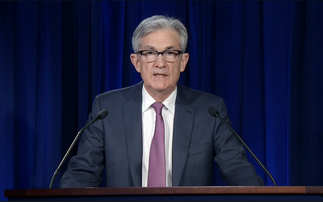
The US-dominated biotech landscape is evolving as aging populations and lifestyle-related diseases become global health issues, impacting Asia, as much as the rest of the world.
Health care expenditure in China will rise rapidly over the next three decades, says Cinney Zhang, Fund Manager at AXA Investment Managers; the need for treatments for neurodegenerative disorders, cancer, obesity, and genetic diseases has reinforced the need for an innovative biotech sector in the region.
"Since 2018, more than four dozen biotech/medical device companies achieved initial public offerings on the Hong Kong stock exchange, raising billions of dollars to support the development of novel therapies," she says. There has also been a significant increase in investment through private funding; the number of financing deals and total capital raised reached a record high in 2020.
Investment opportunities in the Chinese biotech sector are already becoming apparent. "We have seen well-established multi-national companies signing deals and licensing drugs from Chinese biotech firms: I-Mab and AbbVie, Novartis and BeiGene, Lilly and Innovent, to name a few," Zhang says.
However, the impact of US/China tensions could be one factor to impede growth. With the US requiring the auditing oversight of companies listed in the US, there is a risk that Chinese biotech companies could be delisted if they are found to have inappropriate levels of auditing transparency. Zhang however, notes positive developments in this regard with a number of steps taken by Chinese firms to satisfy this requirement.
"It's still early days, but over the next 10 years, Chinese biotech is positioned for its next big step and that presents exciting investment opportunities," says Zhang.
For more on opportunities in biotech, emerging technologies, plus other trends in the sector, read AXA IM's latest exclusive Spotlight guide













